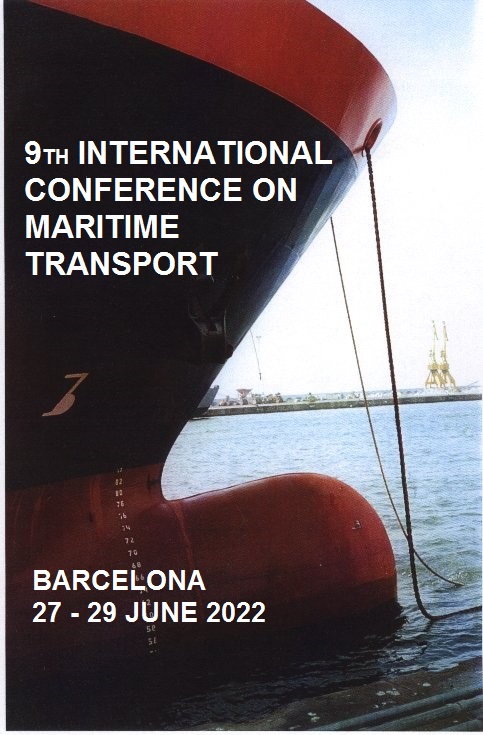Incorporating Virtual Reality into Maritime Safety Training to Enhance Competency-based Learning Outcomes
DOI:
https://doi.org/10.5821/mt.11414Keywords:
Virtual Reality - Training - HUET - CompetencyAbstract
The potential of using immersive technologies like Virtual Reality (VR) in education is endorsed by several research studies indicating an expected increase in its use within the foreseeable future. Owing to its capacity to provide a highly interactive and immersive experience, the adoption and integration of VR into maritime safety training can create new opportunities for competency-based learning and teaching methods. In a safety-critical domain such as the maritime industry, safety training is crucial for ensuring trainees’ competency in emergency response and survival skills. This is accomplished through a range of training programs that were specifically tailored to address emergency events. However, during training exercises, fear and anxiety can have a substantial influence on trainees performance, especially if the activity is stressful as the "Helicopter Under Water Escape Training" (HUET). To address this problem, it is essential to psychologically prepare the trainees before executing the exercise. Driven by this aim, this applied research claims that incorporating VR technology into the classroom prior to practical exercises might contribute to achieving the best feasible results of the preparation by improving skill acquisition while mitigating fear and disorientation.
The methodology followed in the study consists of two stages; the first comprises a 3D-Camera recording the training exercises from the trainee’s seats view, and examples of commonly committed faults. The trainees watch these recordings in VR headsets before practicing the exercises. The second stage entails conducting, collecting and analyzing trainees’ questionnaire, as well as observations raised by training instructors to distinguish viable elevations in trainees’ performance. Based on the outcomes of this study, it can be concluded that VR technology considerably enhances learning by enabling trainees to anticipate difficulties of the exercises, hence contributing to improved training performance.














